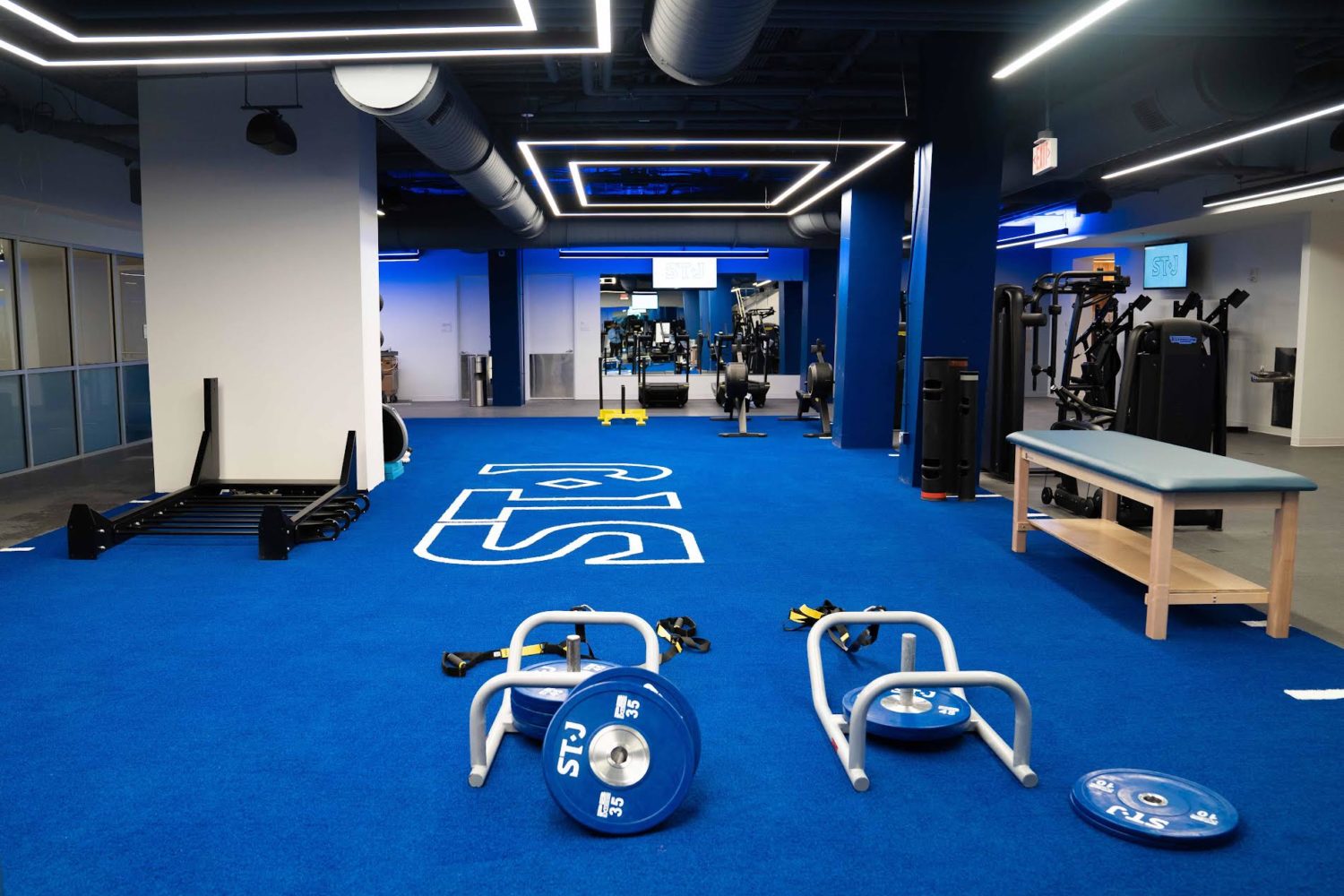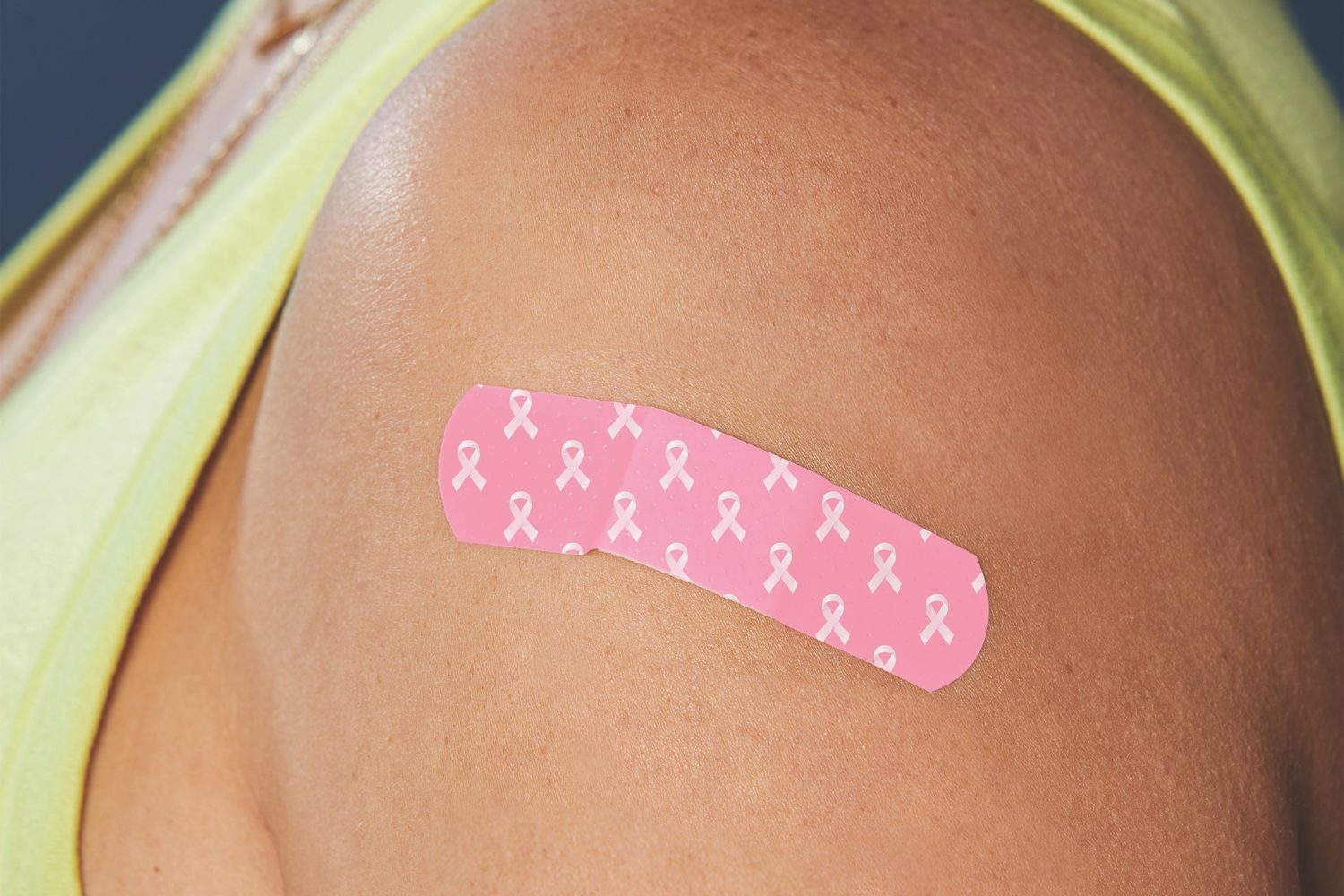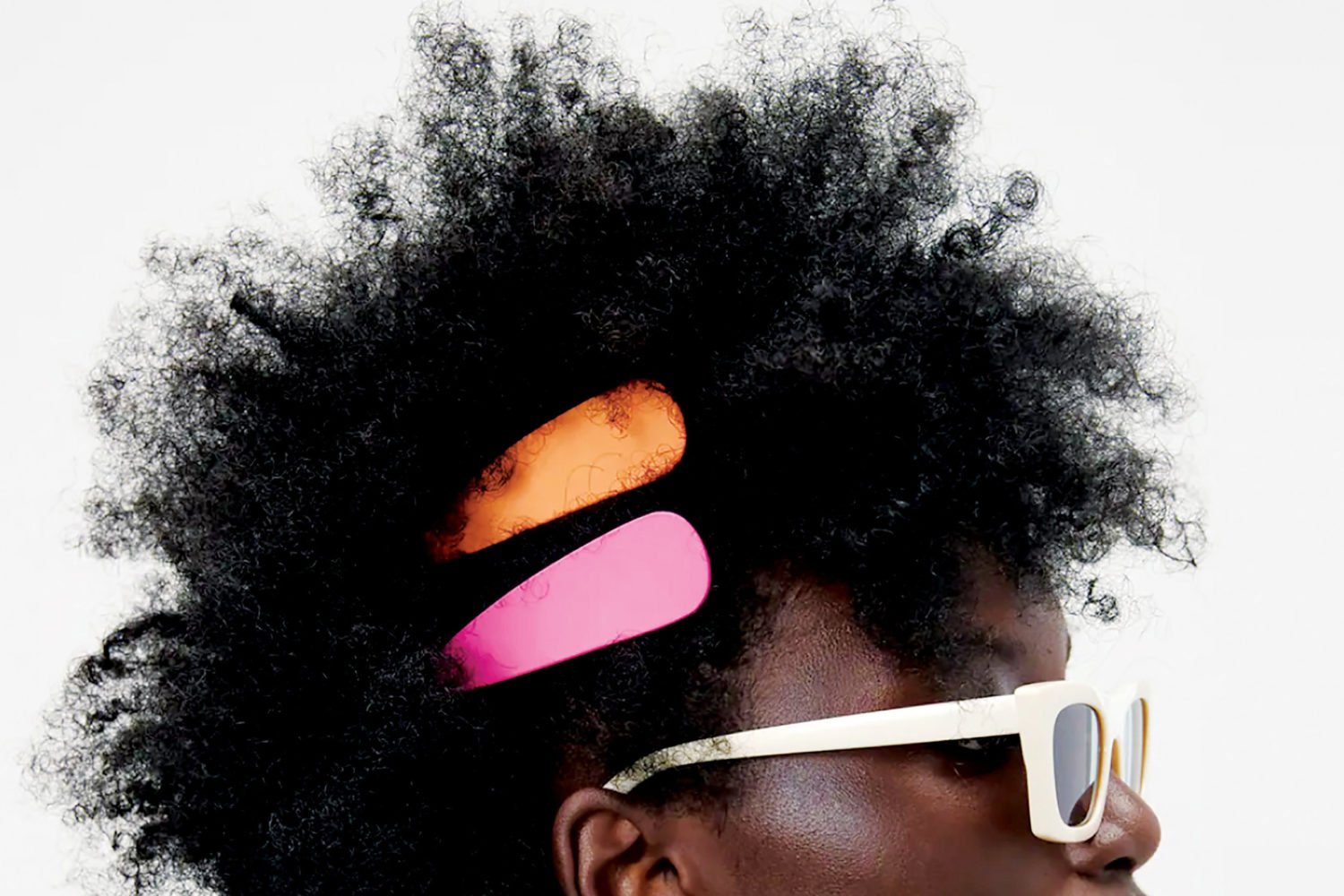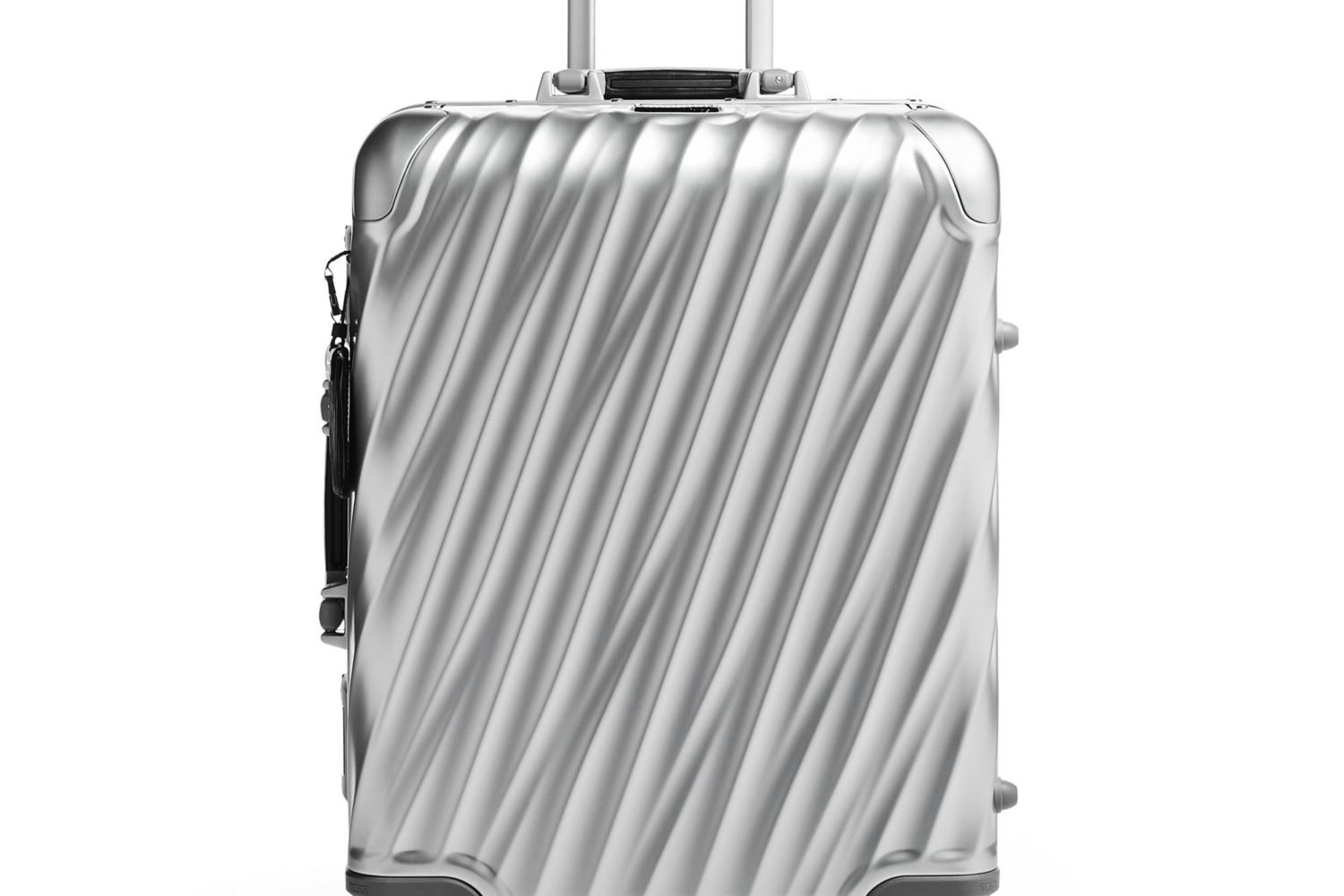A local breast cancer survivor who wished to remain anonymous shared her story with staff writer Cindy Rich, who can be reached at crich@washingtonian.com.
Early this year I found out I had breast cancer for the third time. I was as stunned as I was scared. I'd found two tiny lumps in my left breast while doing a self-exam. But I'd already had that breast removed and reconstructed. How could I get cancer there?
As I waited for the biopsy results that would tell me how serious it was, I imagined the worst. A third chance was a lot to ask for.
But my surgeon walked in smiling. "You're a lucky lady," she said. "You've saved your own life twice."
Ihad my first mammogram 20 years ago, when I was 39. Back then most women started at 50, but I have a family history–aunts and cousins who've had breast cancer–so I started earlier.
In 1988, a lump showed up in my mammogram. It was so small that when the doctors went to do the biopsy, they had to do more mammograms before they could pinpoint it.
After my biopsy, my husband and I took my son and daughters to Cape May. Four days into the trip, we went to a phone booth, and I asked my husband to call the doctor for my test results. I said, "Give me a thumbs up if it's good, a thumbs down if it's bad." I've always been an optimistic person. I was expecting the thumbs up.
It was a thumbs down. I had my head in my hands on the car ride home from the beach. I turned up the radio so the kids wouldn't hear me. I kept thinking I'd never help my daughters plan their weddings. I'd never meet my grandchildren.
My cancer was intraductal–contained inside the milk ducts–which was a good thing. We caught it early, in stage one, while it was less than two centimeters and hadn't spread. When my doctors at Georgetown University Medical Center said I'd need only radiation, I was relieved. It was like getting an x-ray every day for six weeks. I'd leave work a little early and didn't talk about it much.
I didn't know how you were supposed to act when you had cancer. I told my relatives and a few close friends, the ones I thought would be comforting, but I didn't want to tell the world. I didn't want to hear any horror stories.
Radiation was painless, just a bad sunburn. I really liked the doctors. We talked every day. When it was over, I brought them a cake with icing that read THANKS FOR THE MAMMARIES.
My radiology oncologist told me to do self-exams once a month and come see him twice a year. A surgeon advised me to stop drinking wine and eating red meat, so I did.
"Stop worrying, because you are never going to die from breast cancer," my doctor said. "You may die crossing the street, but not from this. We'll be watching you like a hawk."
Igot cancer again in 2000. I had just watched a video about genetic testing for cancer, which had reminded me to do a self-exam.
First I lay down on my back and felt both breasts and under my armpits. Then I did it again, this time with two fingers–like I was pressing a button with my pointer finger, then quickly pressing it again with my middle finger, alternating between the two. After that, I sat up in bed and leaned over to one side, at about a 45-degree angle. That's when I found a small lump.
It was a Sunday, but I called my doctor, who wanted to see me the next morning. I stayed upstairs all day so my husband wouldn't see how upset I was. After 12 years I'd considered myself cured.
My doctor felt it and said he didn't think it was anything. That didn't help. Doctors often say it's probably nothing–until there's reason to think it's something. I don't blame them.
I thought it was bad. Once the doctor left the room, his medical student, who'd also felt it, leaned over to me and whispered, "I think you're right."
I was at work when I called for the test results. My doctor didn't want to tell me over the phone, but I insisted. "It's bad," he said. A friend drove me home.
My cancer was more aggressive the second time. Because 12 years had passed, doctors considered this a new case, not the old cancer coming back.
I wanted to find out everything I could. My husband called experts doing studies. I wrote a letter to Mark Lippman, head of the Lombardi Cancer Center at Georgetown, explaining that I'd been treated there and had had a recurrence. He called me right away to set up an appointment. I wanted him to be my doctor.
Lippman said I could probably have a mastectomy, without chemotherapy, which is what I wanted to hear. After that, I'd take Tamoxifen, a drug that fights breast-cancer recurrences. I'd need body scans to be sure the cancer hadn't spread.
I went to another oncologist for a second opinion. About five minutes after we met, he told me I'd need a mastectomy, hysterectomy, and chemotherapy. He seemed too aggressive–doctors should take one surgery at a time.
I went with Lippman's advice and scheduled the mastectomy quickly. Just do it, I told myself. I didn't see any reason to remove the right breast. Some people do that preventively, and I understand why, but I decided on a mastectomy with reconstruction of my left breast. I'd have reduction on the other side.
I cried for a day. Then a friend said, "That's it. Get up. Get busy."
I did have a lot to look forward to: I was becoming a grandma. Every day, I walked into the room where we had put my future grandson's crib–for sleepovers–and turned on the mobile. That helped keep me going.
The night before surgery, I remember sitting in the bathtub thinking: This is the last night I'll be myself.
Surgery took ten hours. As soon as I got home, I could see I was still me. I couldn't believe how little scarring there was–the only scar was under my breast. I could wear all the same styles of clothing and a bathing suit. Before surgery, I never talked to anyone who'd had breast reconstruction, but I wish I had. I wish I'd known it wouldn't be as traumatic as I thought.
After surgery, I always did my exercises to keep my muscles mobile. Nothing was going to keep me from holding that baby.
Soon after I'd had cancer for the second time, I went to an auto-body shop and asked the guy, "What can I do about this rust on my car?"
He said, "Rust is just like cancer, ma'am. You can cut it out and put medication on it, but I guarantee you–it's coming back." I've never forgotten that.
Most people don't know how to react to cancer. I once told a woman at work, and she said, "Oh, you're kidding! I know so many people who have died of breast cancer."
Male friends shied away from me when I got sick–only two of my husband's friends asked me about it. Most of my women friends brought candy and flowers and kept me company.
I like hearing the good stories. A friend has an aunt who was diagnosed with breast cancer in her fifties; now she's in her nineties.
A couple of times I've said to my friend, "Would you tell me that story again about your aunt?"
After the mastectomy in 2000, I was told that the chances of the cancer's recurring in my left breast, where I now had a saline implant, were 1 percent. I liked those odds.
I went on with life. I continued doing self-exams. I checked both breasts but really only worried about the right.
I found two small lumps in my left breast in February. I was leaning to the side when I felt them, just like before.
This time I wasn't too concerned. When I touched the lumps, something moved, so I assumed they were part of the implant. Maybe it was coming apart. There was no way I had cancer after my mastectomy.
That week I'd celebrated my five-year anniversary of being cancer-free. I was getting ready to go off Tamoxifen. My husband brought me flowers and took me to dinner. Five years was a big deal.
I'd started seeing a new oncologist, Dr. Robert Warren, when Lippman left Georgetown. He impressed me from the beginning: He seemed to know about every study out there and had a good bedside manner.
Warren had examined me three months earlier, but the lumps weren't there. This time, he felt what I felt and told me about "fat necrosis," a noncancerous lump that can form in damaged breast tissue after surgery. That was one possibility, he said. But he couldn't rule out cancer.
"How could I have cancer again?" I asked. "How is that possible?"
He said a recurrence after a mastectomy can happen, but it's rare. During surgery, they'd saved some of my skin for reconstruction; the cancer could come back in the tiny layer of breast tissue I still had there.
Warren ordered a sonogram.
Iwent online and learned that 1 in 2,000 patients has a recurrence after a mastectomy. Still, waiting for the results was scarier the third time.
Good things had happened in the five years since my second diagnosis. I'd taken my grandson to the beach and helped him learn to read. I'd watched my daughters get married after secretly hoping they'd get engaged sooner than later. We went all out for their weddings. At one of their receptions, I remember thinking, I never dreamed I'd actually be here.
I wanted more of those moments. Instead, I found myself wondering how much time I had left, whether I was lucky to see their weddings but would miss seeing their babies.
I had a hard time sleeping. I tried to keep busy every minute. I watched silly reality shows and planted flowers. My husband took me shopping–sometimes he came home with presents. Since my mastectomy, he'd bought me a bracelet every March to mark another year without cancer.
"This is our problem, not your problem," he'd say.
My daughter bought me a card once that said, "There's only one thing you can do when life takes you for a ride–hang on tight." In it she wrote, Please cry to me when you need to, because if you're sad and trying to hide it from me–you're in big trouble. But it's hard to cry to people without scaring them. And I'm still the mom.
To get through it, I tried to remember what a colleague told me years earlier, just before my second diagnosis. She'd had breast cancer and come into work every day after radiation appointments. She saw me in the hallway and asked why I looked upset. I was having a mammogram that day.
"Why would you ever worry in advance?" she asked. "Only worry when you know you truly have something to worry about." She was right.
A few days before my results came, a friend called from North Carolina. "If you have to have chemo, I'm shaving my hair off," she said. I started crying and laughing at the same time.
My sister and a friend were there. They'd come to watch movies. "I'll do it, too!" my friend said. "Well, if she's doing it," my sister chimed in, "I'm doing it."
Again, I caught my cancer in time. I didn't need chemotherapy, just a new medication–called Femara–that you take after Tamoxifen. A few weeks after hearing the news, I made an announcement. I was standing in the kitchen with my husband after we'd had a silly argument.
"I'm changing my life," I said. "I'm going to stop working. I'm going to exercise twice as much as I ever have. I'm going to get more sleep. I'm not wasting time with dumb arguments. I'm walking away from stressful situations. This is the third time this has happened, and I didn't change things the first time or the second, but now someone is telling me, This is your chance."
I make sure I laugh every day. There's nothing else I can do to keep the cancer from coming back.
It's not always easy. When I went to a different cancer center for a second opinion last spring, a doctor said, "You know, since you've had this recurrence, you might have a metastasis." That's when cancer spreads to another part of the body.
"What did you just say to me?" I asked.
He said, "If you get any symptoms at all that you've never had before, you need to go straight to a doctor."
The doctor said he didn't mean now–he meant later in life. Still, I wondered why he had to say that. Maybe he was trying to make sure I'd be cautious, but I've had cancer three times–I'm careful. I went right back to Georgetown, where I'd always felt taken care of.
Doctors don't realize the power they have. Those words ring in my head every day.
Igot upset with a friend recently because she kept saying, "I have to go in and get a mammogram," but she was putting it off. I asked her, "What are you thinking?"
Mammograms are a given. But they aren't enough–machines can miss things. So can doctors: I went to one oncologist, at another hospital, who asked me to show him the technique I used to find the lump in my breast. He couldn't find it.
People can save themselves by doing self-exams every few weeks. I do it. It takes five minutes. You can't wait for a sign–my breasts never hurt before I found the tumors.
People are afraid of treatment, but what they should be afraid of is not catching it. They put their faith in mammograms but not themselves. Some women don't worry because they don't have a family history. A family history has to start somewhere.
Some women don't do self-exams because they might find a lump and get upset and have it turn out to be nothing. So what? What if the one time they don't check it's cancer?
I once asked a doctor, "If I hadn't found this myself, how long would I have had?" He said five years. Tops.
My daughters see a breast specialist every six months. I tell my son to be careful, too, but he doesn't take me seriously.
With our family history, self-exams aren't enough for my daughters. They'll start mammograms when they're 30. About five years ago, after I'd been diagnosed, my youngest daughter went to Georgetown for a checkup, and the doctor felt something.
He wasn't alarmed–lots of women have fibrocystic breasts, which means they often develop noncancerous lumps. After sending her for a sonogram, he decided she needed a biopsy.
I was happy he was so cautious, but when you're the mother and your daughter goes in for a biopsy, it's worse than anything you've suffered yourself.
I knew the chances were very low that anything was wrong–she was in her twenties–but that doesn't matter when you've had it yourself twice. You feel like if anything happens it's your fault because it was probably your genes. My daughter turned out to be fine. •
I've considered genetic testing, which my doctors recommended, but I don't see the point. If I find out I carry the gene, then I know I have a better chance of yet another recurrence, and I know my kids have a higher chance of getting cancer. They've said they don't want to know that.
If I thought the testing might help my daughters, I'd do it. But I'm doing everything I can to stay healthy, and so are they. If I have the gene, I won't have preventive surgery–some patients remove their breasts as a precaution–and my daughters said they won't either. That's the choice we've made.
I've been traveling more. When you've had cancer three times, you think to yourself, Maybe I don't need all that pension money.
Sometimes I can't help but feel like my days are numbered. I shouldn't think that way, and I don't like to tell people that, but I do. Then again, that feeling is what's driving me to live a better life and stop putting things off.
I spend more time listening to music. I like the song "I Will Survive."
I don't pay much attention to the news. Television can knock me down. I'll hear a story about a daughter who lost her mother to breast cancer or a woman in her thirties who's dying, and–boom–I'm done for the night.
My daughters worry about me, but not as much as I worry about them. They have about a one-in-four chance of getting breast cancer. I always tell them and, I suppose, myself, "Think about all the research. There's so much hope for a cure these days."
Iwas having blood work done recently at Georgetown, and I saw a nurse I hadn't seen in a while. "I'm back," I said. "I have it again."
She told me I needed to surround myself with positive people. "Let me tell you about one of our patients," she said. "She was diagnosed 22 years ago and told she had eight or nine months to live. Now she's married with children."
Ialways do the Race for the Cure in Washington in June. My family comes with me. Sometimes friends race for me, too, without even telling me they're doing it. It's comforting to see all the other pink shirts–the survivor shirts–but it's hard when I read the signs people wear, the ones that say IN MEMORY OF.
I'd rather be wearing a white shirt than a pink one, but that's okay. I have a stack of pink ones now, and every time I see them in my closet I remember how fortunate I am. Those shirts still come in the mail every year.
I'm still racing.
Breast-Cancer Resources
by Cindy Rich and Sara Levine
Breast-cancer research shows that early detection saves thousands of lives; women often find the cancer themselves.
The Lombardi Comprehensive Cancer Center at Georgetown University recommends a three-step process: monthly self-exams, a breast exam during yearly check-ups, and annual mammograms. Women should start mammograms at age 40, earlier if they have a family history.
"Sometimes women get mammograms and go years without getting a breast exam," says Theresa Harrington, a nurse practitioner at Georgetown's Betty Lou Ourisman Breast Health Center. "They have a false sense of security." Harrington says a patient who feels something in her breast, and receives normal mammogram results, needs to also get a clinical exam. "A mammogram is very good, but it does not pick up everything," she says.
Some women are nervous about self-exams because they don't know what to look for or they're worried what they'll find. Harrington says that's why women should know what their breasts feel and look like. She suggests starting self-exams at age 20.
"The more you do it, the more familiar you become with your breasts, and the more likely you are to pick up a change," she says.
Here are good resources for information about breast cancer:
American Cancer Society, 1875 Connecticut Ave., NW, Suite 730; 202-483-2600 or 800-227-2345. Programs for breast-cancer patients include Reach to Recovery, in which recently diagnosed cancer patients are matched with survivors who share their experiences by phone and during home or hospital visits. Through the Look Good . . . Feel Better program, cosmetologists demonstrate how patients undergoing chemotherapy or radiation can use makeup, wigs, and beauty products. For more information, go to cancer.org and click on "in my community."
Buddy Check 9, 202-444-4000; georgetownuniversityhospital.org. This free kit from Georgetown University Hospital's Lombardi Comprehensive Cancer Center includes information on breast-cancer awareness and prevention plus tools to help you remember monthly self-exams and a guide to how to do them. Request a kit by phone or online.
Cancer Research and Prevention Foundation, 1600 Duke St., Alexandria; 800-227-2732; preventcancer.org. The Web site includes diet and exercise tips, women's-health news and fact sheets, and brochures about healthy living and cancer-fighting strategies for kids. The group sponsors Celebremos la Vida, a screening program for Latinas over 40, and Project Early Awareness, an education program for high school girls in DC.
GW Mammovan. This mobile mammography unit, run by the George Washington University Medical Faculty Associates, travels the area offering screenings for women over 35 with no personal history of breast cancer. The Mammovan visits workplaces, community centers, churches, and other locations. Call 202-741-3252 for an appointment.
National Breast Cancer Coalition, 1101 17th St., NW, Suite 1300; 202-296-7477; natlbcc.org. The National Breast Cancer Coalition Fund publishes a guide to quality breast-cancer care, available for free through its Web site.
National Cancer Institute. Call 800-422-6237 and an information specialist can answer questions about treatment options and clinical trials. For more information, visit cancer.gov.
Project Wish, 825 N. Capitol St., NE; 202-442-5900 or 888-833-9474; doh.dc.gov (click on "special programs"). The DC Health Department provides free breast screening for low-income women at 24 clinics.
Susan G. Komen Breast Cancer Foundation, 972-855-1600 or 800-462-9273; komen.org. Founded in 1982 by Nancy Goodman Brinker, who lost her sister to breast cancer, the foundation offers information about screening, diagnosis, life after treatment, therapies, and more. The Web site includes message boards, interactive tools, "stories of inspiration," and help for survivors' loved ones.
Y-Me of the National Capital Area, 6000 Stevenson Ave., Suite 304, Alexandria; 703-461-9595; y-me.org/nationalcapitalarea. Y-Me sponsors public lectures and seminars for small groups, and offers a 24-hour hotline (800-221-2141) staffed by breast-cancer survivors.
Support groups. Most area hospitals offer support groups for breast-cancer patients. Some are designed for younger women who have been diagnosed. Nueva Vida offers a Latina support group. Find the complete list through the Greater Washington Coalition for Cancer Survivors (202-364-6422; gwccs.org/guide.html).
Web chats. Breastcancer.org, a nonprofit founded by a Philadelphia oncologist, has live chats and discussion boards. The American Cancer Society's Survivors Network hosts active chat rooms at acscsn.org/Forum/Discussion/summary.html (scroll down to "breast cancer").

















